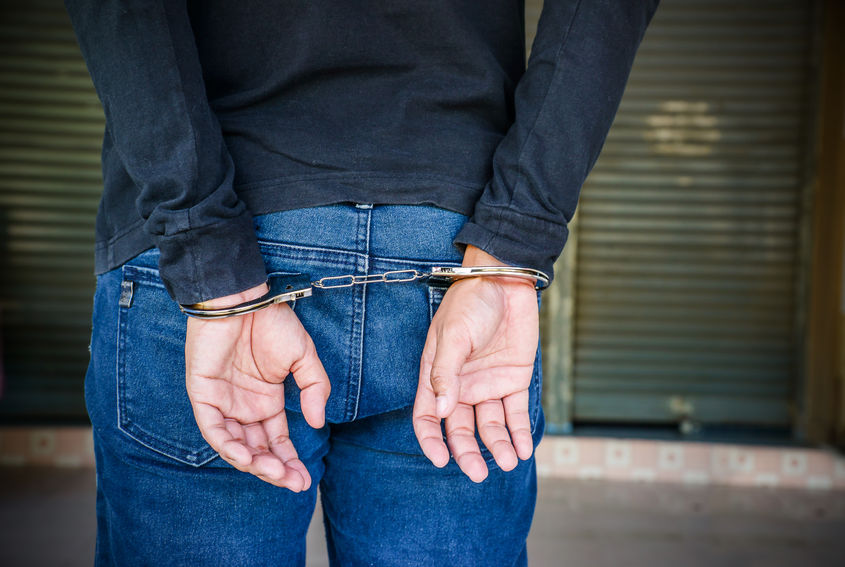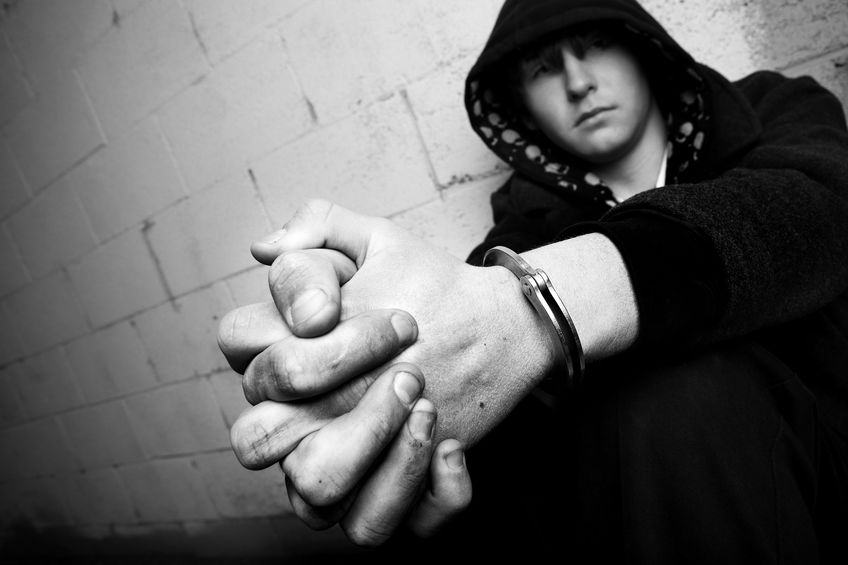How Do I Defend My Child Against Making School Threats?
Threats against schools or other educational institutions are treated very seriously in New York. Even so, some children may test the waters by joking around about bringing weapons or harming other kids at the school. If your child made threats at school, they may face criminal charges even if they didn’t mean anything by it or if it was said in jest. Here’s how you can help defend your child against charges of school threats.
Your Child Was Unaware That What Was Said Was Of a Threatening Nature
One possible defense against school threats is that your child was not aware that what they said was of a threatening nature. This is often a good defense in cases where the alleged threat was vague and the child did not mention any specific action, method, or weapon. They may have said something that they perceived as innocuous that someone else perceived as a threat.
It Was Not Your Child Who Made the Threats
Another potential defense is that it was not your child who made the threats. Perhaps your child took the blame for another child who was their friend so their friend wouldn’t get in trouble. Or, your child may have been falsely accused by the real perpetrator. In this case, witness statements can be extremely important. Another child or teacher who witnessed a different child make the threat may be able to testify that it was them and not your child.
Explore Taking a Plea Deal
In some situations, it may be best to discuss taking a plea deal instead of defending your child in front of a jury. This is often the case if you have multiple witness statements placing your child as the perpetrator of the threats or if your child was caught on camera or recorded making the threats. A plea deal may allow the court to reduce your child’s sentence, often keeping them out of juvenile detention and offering them more rehabilitation opportunities where applicable.
Call a New York Juvenile Criminal Defense Lawyer
If your child has been accused of making threats against the school or against individuals within the school, it’s important that you act quickly to protect their rights. Scott Cerbin is a veteran New York juvenile criminal defense lawyer that can provide you with the comprehensive legal support needed during such a difficult time. Call now at 718-596-1829.













